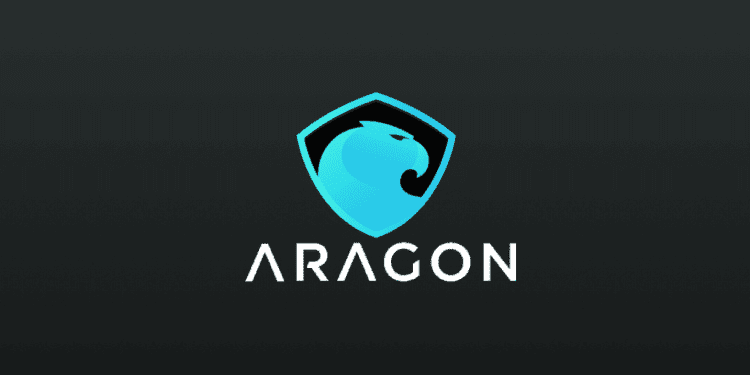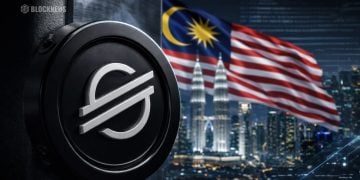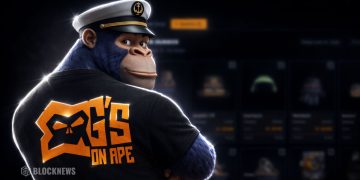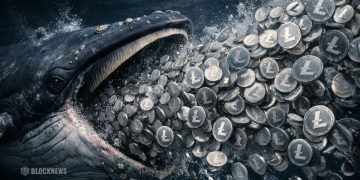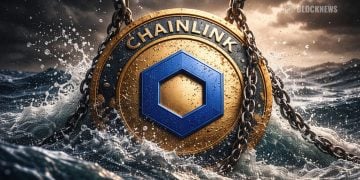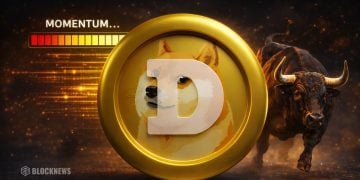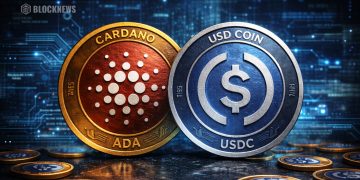The Aragon project has made significant strides in simplifying the creation and governance of decentralized autonomous organizations (DAOs). Teams with ERC-20 tokens can launch DAOs effortlessly using a user-friendly, no-code dashboard through their latest application release.
This groundbreaking development has garnered attention, especially from the Polygon (MATIC) community, as it allows for seamless organization establishment without any coding expertise or high costs.
Importing Existing Tokens for DAO Building
With the Aragon App’s new feature, teams can easily import their existing tokens to initiate the DAO setup process. All that is required is a contract address and a MetaMask wallet.
This feature has opened up possibilities for countless projects on Ethereum and Polygon, enabling them to engage in decentralized governance and conduct referendums within their communities.
Governance Token Minting and Wrapping
The Aragon App allows the minting of governance tokens to facilitate effective governance. By adding a “g” prefix to the ticker symbol, these tokens represent the ability to participate in decentralized decision-making processes. In cases where tokens do not adhere to the standard, the application provides a guided wrapping process, enabling seamless conversion to governance tokens.
This innovation empowers ERC-20 tokens to migrate toward decentralized governance, whether on exchanges, DeFi platforms, or GameFi apps. Moreover, the “g” symbol denotes governance capabilities, ensuring transparency and clarity.
Creating SubDAOs and Safeguarding Tokenomics:
The latest application release of Aragon brings further benefits by enabling entrepreneurs to create SubDAOs. This feature allows multiple DAOs to be launched using a single governance asset, streamlining the management of complex ecosystems.
Safeguards are in place to prevent scammers from tampering with tokenomics and maintain the integrity of legitimate tokens. Only the original DAO can mint additional tokens, ensuring a secure and controlled governance process.
Conclusion
The Aragon project’s recent application release has revolutionized the establishment and governance of DAOs. By introducing the ability to import existing tokens, teams on Ethereum and Polygon can effortlessly build decentralized organizations. With a straightforward, no-code dashboard, Aragon has eliminated the barriers to entry for community governance.
Introducing governance token minting, wrapping, and creating SubDAOs further enhances the ecosystem’s versatility and security. As more projects embrace decentralized governance, Aragon’s innovative solutions provide a powerful framework for the future of DAOs.


